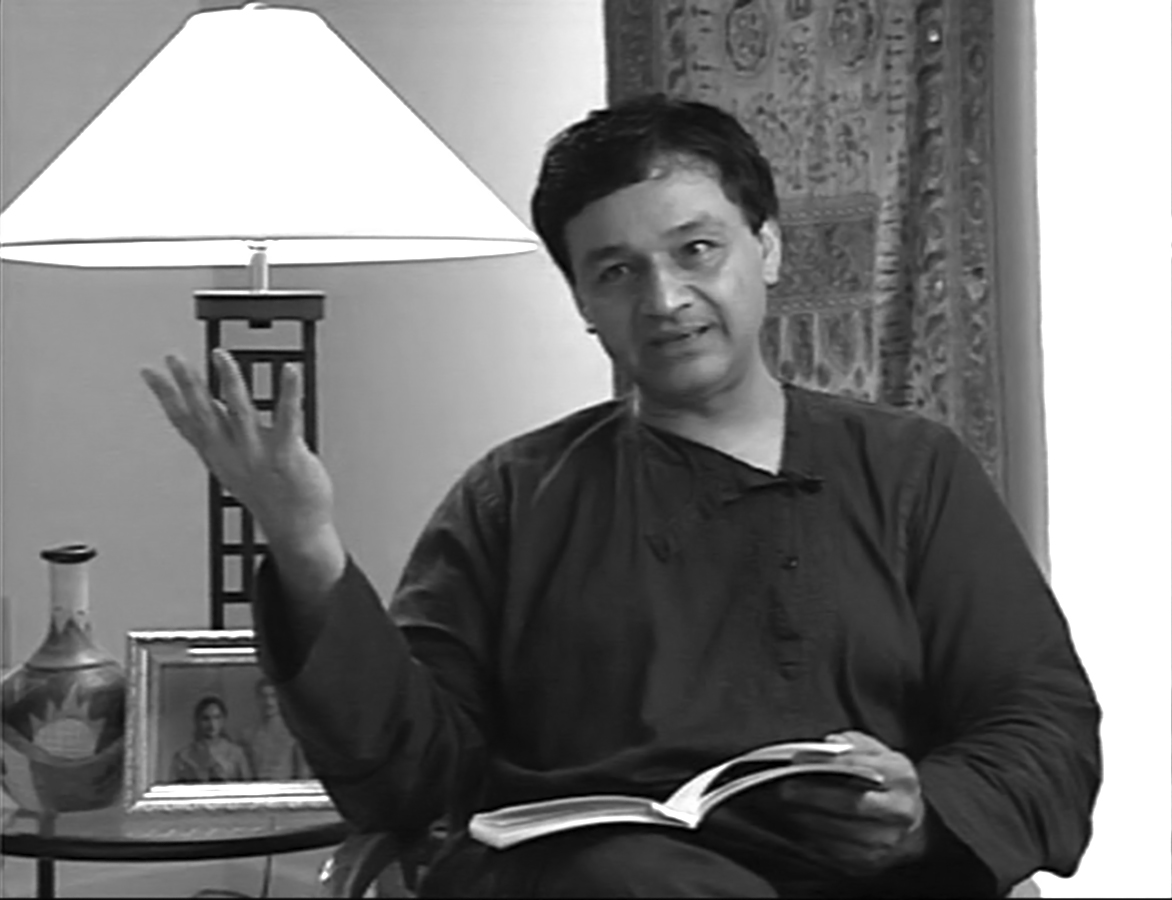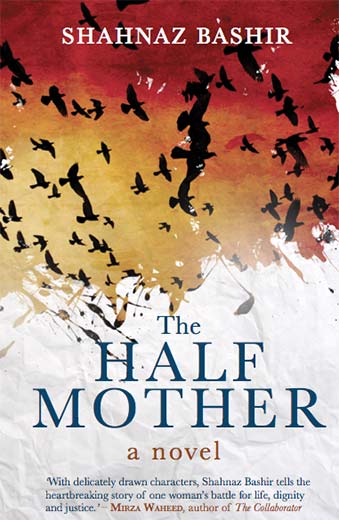by Mir Liyaqat Nazir
Alam ha kar yaaad Azaad! Azaad!
Kune SaTeh Wuchita yaad pawyee Madnowe.
(One day the whole world will remember Azad
Oh my beloved any moment i will remind you.)
As Percy Bysshe Shelly is to English literature so is Abdul Ahad Azad (1903-1948) to our Kashmiri literature; both were radical in their poetry as well as in their political and social views. Azad is not only the name in the Kashmiri literature but a phenomenon in the modern Kashmiri poetry whose poetic voice is surcharged with elements like resistance and nationalism.
Today more than six decades have passed when this great revolutionary bard of voiceless people left this abode and remained unacknowledged and unexplored. Neither his poetry has been translated into other languages nor do his already translated poems become the part of our syllabus so that the young generation can read, remember and celebrate our own Shelly. This betrayal and isolation by both state and non-state cultural forms towards this resistance poet except few articles, translations and a special volume of SHEERAZA Urdu in 2006 published by the J&K Academy of Art, Culture and languages is still a big question mark on the tall claims of cultural revival. There is no such authentic book either in Urdu or in English written on Azad yet so that non-Kashmiri readers can read and spread his word and message beyond the borders.
Abdul Ahad Azad is one of the rare poets in the galaxy of Kashmiri modern poetry who was bestowed with a strong pen and a revolutionary heart that always antagonizes the ruling elite and challenges colonial and feudal values. As we know Azad lived in an age when Dogra Raj and its atrocities were at its peak and it was not an easy task for a poet to shake the conscience of a nation with an epic history of oppression. Azad’s poetic brush not only delineated the sombre and painful political picture of the valley but to some extent succeeds in realizing his countrymen the importance of national honour and dignity. It is true that his poetry does subscribe Marxist ideology in a great deal but he was also very much influenced and inspired by the Allama Iqbal’s ideology which he reflected in his works. Therefore following Allama Iqbal’s re-awakening call Azad and his poetry took the cudgels on the behalf of his hapless people against suppression, obsolete rituals, hallucination, pauperism, hunger, ignorance and other political as well as social and historical factors which ruined and stained the beauty of Kashmir. He even translated Allama Iqbal’s “Question and Answers” in the Kashmiri language which was published by the Iqbal Academy Karachi. Azad throughout his life acted as the torchbearer of freedom and justice and unlocked his heart in praise of universal society. As a typical romantic poet, he was a crusader against the conventional dogmas and traditions and defined the larger concepts of basic human rights to fuel will and velour among the people who were sold and used as a fodder by their own leaders and outsiders for their own vested political objectives time to time.
Being as a utility literary figure apart from the poet Azad was a great researcher, linguist and literary historian but unfortunately, some of his precious works became ashes in the fire which burnt down the cultural academy’s book house some years ago. His poetry exhibits a deep sense of commitment towards the lower-class people but it’s his besieged homeland which remains the dominant theme of his poetry. He did not strike the chord of sorrow but has always wafted an aroma of optimistic rosy future through his pulsating imagination. Like other Romantic poets his poetic flight begins with love lyrics but the impact of world political movements and the circumstances in which he lived changed his perception and philosophy and completely transformed him into a masses poet. In this odyssey, Azad faced grave economic problems and he could hardly keep the wolf out of the door, yet he was keener to drive away the wolves of oppression, exploitation and social inequality. He writes:
“The water which was once drunk by Qulhan, Gani, Sarfi and became exalted forever…Why that water has been made poison for us?”
Today the Kashmir history and literature whether in Urdu, Kashmiri or English language is passing through an important phase and the need of hour is that we should look back and rediscover our radiant literary legacy and introduce those unsung poets who are yet to be heard, sung and written. It will be tantamount to treachery and hypocrisy if we forget this unacknowledged legend of Kashmir who spent his brief forty five years of his life in utter misery and state intimidation but never surrendered his principles for the sake of petty benefits and leverages. Azad would never like a man to bite the dust, but to rise like a phoenix, so that a bright future in every respect would be guaranteed, this kind of attitude is the forte of all poet-philosophers for them shadow has never been a substitute for substance.
In the poem “Question” he brings into focus the generations of annihilation and suffering which have befallen on the people but questions how long the tyranny and terror will besiege the denizens of paradise? His contemporary and mentor Mahjoor; the most celebrated state poet paid him the glowing tribute in this way:
“Oh! Azad ‘has concealed himself for this world, or the cup of life has eluded him.
Mahjoor would like to unfold his heart over his death by saying that the sweet-throated Bulbul has opted for silence.”
Many literary critics believe that it was his stated political position and unflinching stand against the monopoly and injustice that caused his death. In his last days when Azad was admitted to the state hospital in Srinagar and needed economic assistance for treatment but was intentionally reduced to the peanut stipend fixed by the education department where he served as a teacher till his last breath. This disgrace and humiliation to this son of land didn’t stop here, he was disowned even by the so-called literary forms and figures, neither his death was mourned nor given a proper homage. He was buried in a simple ceremony attended by some of his handful relatives and friends at his native village in Budgam. Azad had a sobbing heart which was only beating for his nation and his songs of optimism will remain immortal and a source of inspiration for coming generations. There is no doubt that the Azad is one of the greatest modern Kashmir poets and in fact the founder of Kashmiri revolutionary poetry and cultural renaissance mysteriously remain inglorious, unheard and untouchable just because he was the author of a language which taught the people resistance and national pride. Thus the onus as well as the moral responsibility lies on the shoulders of contemporary literary stalwarts and academicians who always beat their chests by projecting themselves the saviors and messiah of Kashmiri literature to introduce his poetry at the International literary radar.
The author is doing PhD in Resistance Literature from Pune University.
















